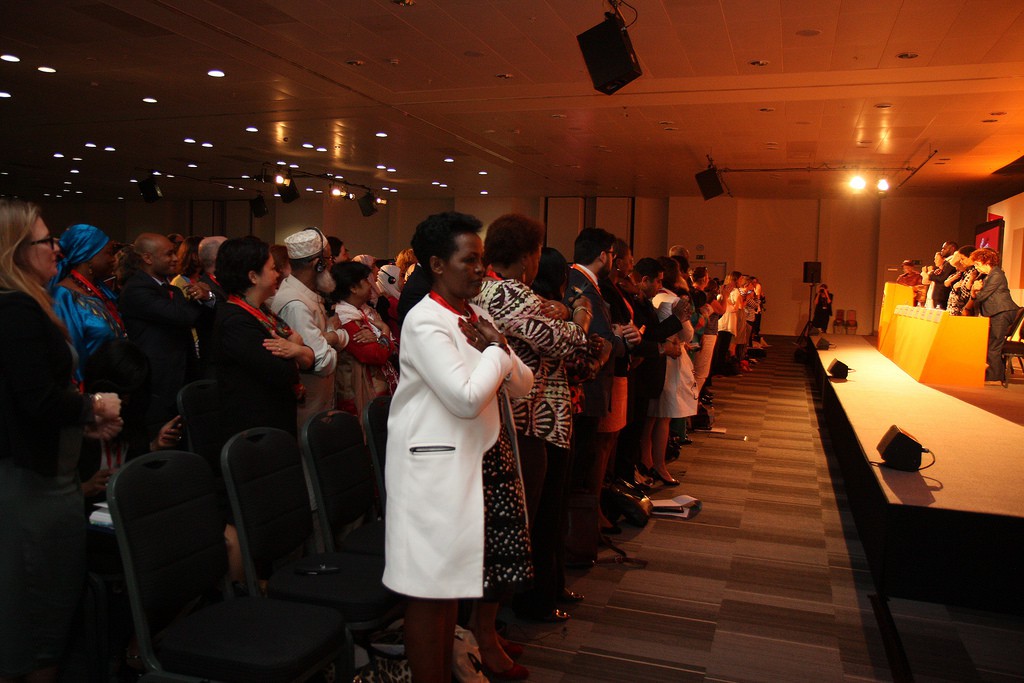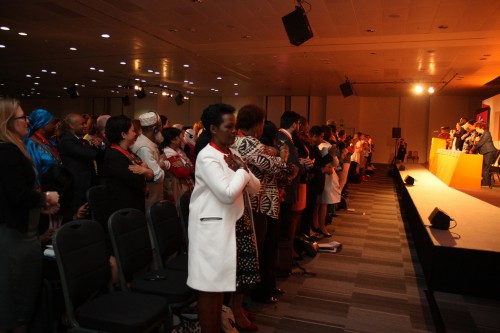11th June 2014
#TimeToAct: Catholics building a better future


As the Global Summit to End Sexual Violence in Conflict unfolds, I am delighted to give voice in my blog to a story from the Democratic Republic of Congo. Last week at Vatican Radio, a panel discussion showed that religious networks have a huge role to play to end the use of rape as a weapon of war. This testimony is about victims, their fears and dreams, and the value of the work of Catholic networks on the ground to provide witness, support, and rehabilitation. This is a real story, though names have been changed to protect the identity of those involved.
Espérance Mugomoka is sixteen years old. She lives in Ibuga, a camp for internally displaced persons in the North Kivu province of eastern Democratic Republic of Congo (DRC). Espérance spends her mornings at the Jesuit Refugee Service training centre, where vocational courses run alongside literacy and numeracy training.
“I have really enjoyed the activities in the centre here. Being able to earn a little something, for example, means I’m able to buy better clothes for my son”.
Her son Antoine is six months old. She does not know his father, who raped her last year while she was searching for food. A group of girls left the camp to find wild vegetables in the fields. When two men surprised them, Espérance was not able to run as fast as the others.
“Here in Ibuga, even after four years, I cannot really say I feel safe”.
Despite repeated displacement, Espérance was determined to continue her education. She was still in primary school when the pregnancy caused her to drop out.
For families struggling to get by, the education of girls is seen as a less profitable investment as compared to that of boys. Once girls become mothers or suffer the harmful effects of sexual violence, they often have no choice but to leave school prematurely.
“Here in the training centre, I’m also learning to read and write, at last. I find it so interesting. I’m really eager to learn more. For example, once I have improved my literacy, I would like to join the tailoring classes. My aim, one day, is to have my own business”.
“My hope is to build a better future for him. I want to provide my son with the opportunities I never had. I believe that he will have the chance to finish school. That is the dream I’m working towards”.
GOD BLESS YOU ALL FOR BEING THERE FOR OTHERS!